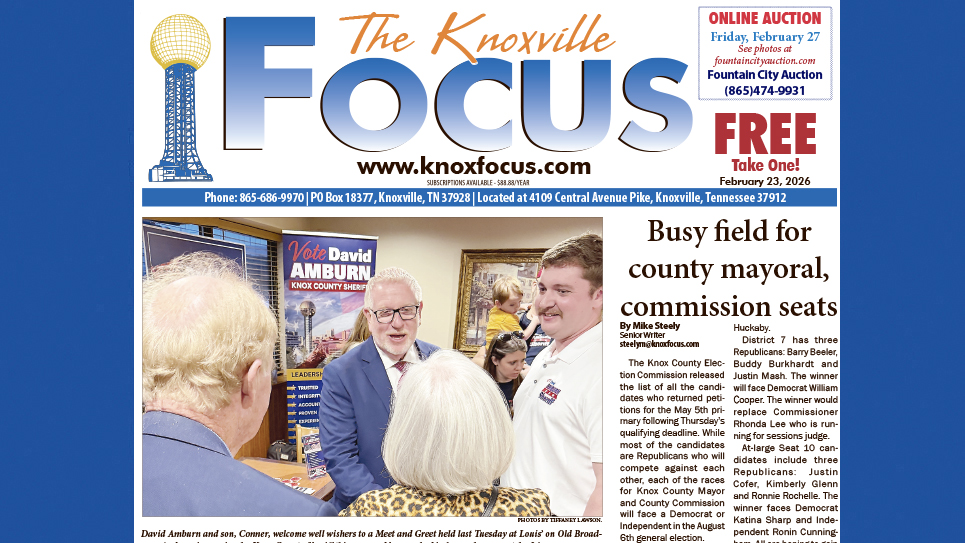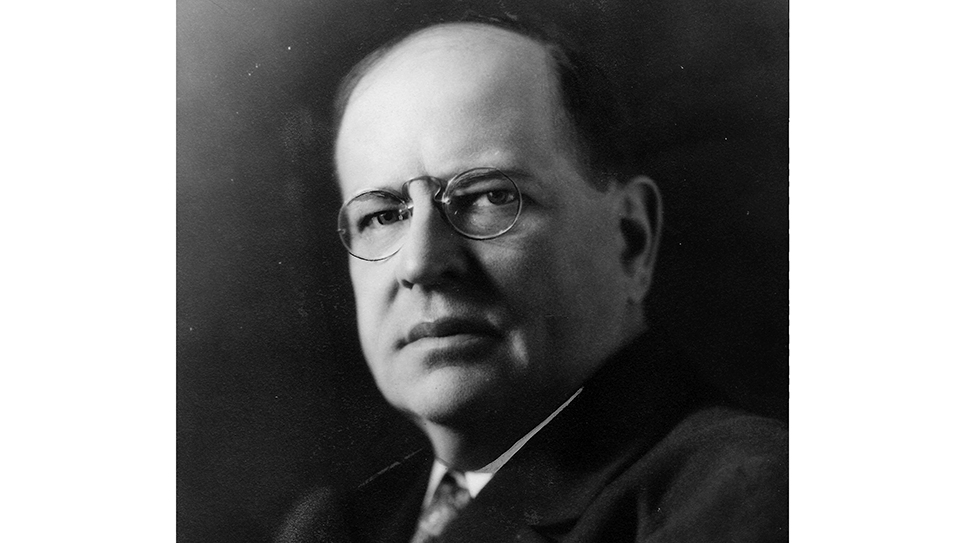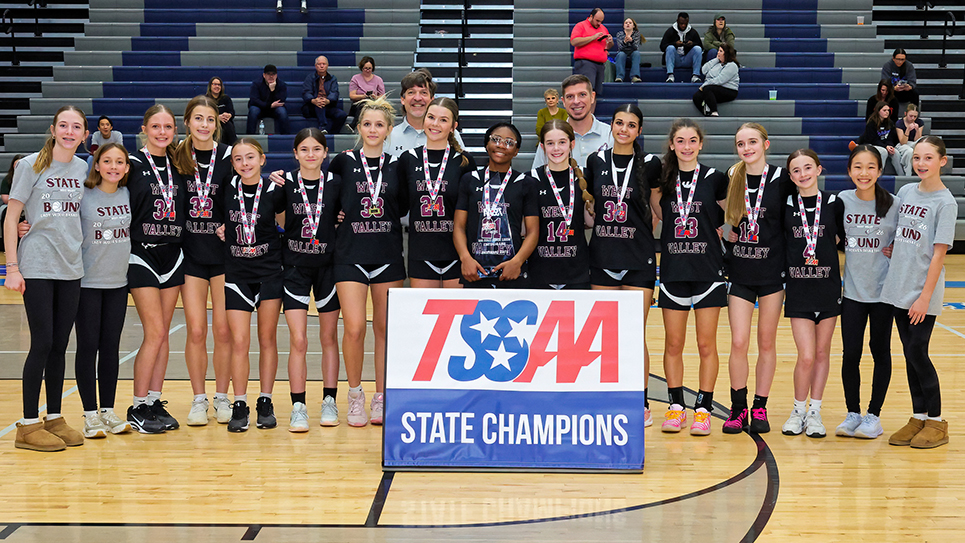By Tom Mattingly
The passage of time has a way of defusing nearly any controversy, particularly in athletics. Fans often look back at “hot button” athletic issues of the past, many times wondering what the fuss was about.
At the time these controversies arose, they were “white-hot” issues that engendered passionate debate.
Consider, for example, in the late 1980s, that Alabama and Auburn were squabbling over the venue of the “Iron Bowl.”
Finally, Auburn drew a line in the sand. Auburn would play its “home games” at Jordan-Hare Stadium, a seemingly reasonable request in some circles, an unreasonable one in others. Alabama threatened all kinds of repercussions, including canceling the series, and strongly supported keeping the game at Birmingham’s Legion Field, a venue seemingly ordained by higher powers.
The games are now being played on each campus at stadiums much larger than Legion Field, and the rivalry hasn’t suffered one iota. Alabama partisans had once said “Never” to playing at Auburn, but the Tide now heads to Lee County every other year. Kirk McNair, long-time publisher of ’Bama Magazine, wrote that, “It wasn’t every Alabama fan who had to go to Auburn, just 9,000 of them,” the number specified in the game contract.
The rivalry may be more competitive and intense than ever now, if that’s humanly possible.
Alabama fans did get in one last shot at the Auburn folks before the 1989 game, raising the specter of a Tide win in the first game between the two rivals at Jordan-Hare Stadium.
As expressed on bumper stickers and in other media, their sentiment was to the point: “Your ass on your grass.”
That didn’t happen. Auburn won, 30-20, but whole history of the “debate” is the stuff of which great rivalries are made. That victory was also loudly cheered in Big Orange Country, giving the Vols a share of the SEC title.
Closer to home, there were fans across the expanse of Big Orange Country who expressed concern and trepidation relative to trips to Auburn, Starkville, Oxford, and Athens, instead of Birmingham and Memphis, or in the case of the Georgia game, not playing the Bulldogs at all between 1938 and 1967.
It always seemed more convenient to go to Memphis to play Mississippi State or Ole Miss instead of Starkville or Oxford, whether at Crump Stadium or Liberty Bowl Memorial Stadium. All three teams have strong fan bases in Memphis and West Tennessee, but there’s always been something surreal about Tennessee being the visiting team against a Mississippi school in Memphis.
It took the Vols until 1974 to play in Auburn, after years playing the Tigers at Legion Field. They’ve been there to stay since 1980, with the two schools playing at Jordan-Hare Stadium 11 times between 1980 and this season.
Tennessee returned to Starkville in 1987 and Oxford in 1988 after a game at each venue in the early 1950s. Tennessee had never played in Oxford before 1951 and had played in Starkville only three times (1910, 1920, and 1926).
The series with Georgia was resumed in 1968, and with the advent of divisional play in 1992, the series between the two neighboring states is as hot and heavy as any series Tennessee has played in recent years.
The first two games were classics. Tennessee stole a 17-17 tie on Sept. 14, 1968, when Bubba Wyche tossed a TD pass to Gary Kreis and a two-point conversion pass to Ken DeLong well after the clock had hit double zeroes. That was the day Tennessee unveiled a new artificial playing surface, Tartan Turf, one of several fake surfaces that would adorn Shields-Watkins Field the next 25 years. The Vols were defending conference champions, while Georgia would win the 1968 title.
Georgia folks thought they had Tennessee right where they wanted them on a rainy Nov. 1, 1969, in Athens. In a game played between the legendary hedges, the Vols won 17-3, as Curt Watson (199 yards) and Don McLeary (100) left Bulldog tacklers in their wake.
Vol fans also worried about having to play Memphis State (later Memphis), in one of those “nothing to gain, everything to lose” games.
That series began in Knoxville in 1968, after some indelicate political wrangling and the construction of a new stadium in the Bluff City. The Vols have won 22 of the 23 games played, but the 1996 game, homestanding Memphis 21, No. 6 Tennessee 17, still rankles Vol fans.
Someday, game issues that might be controversial today will be safely consigned to history, and new controversies will arise.
What does all this prove? Merely, that time heals all wounds.






